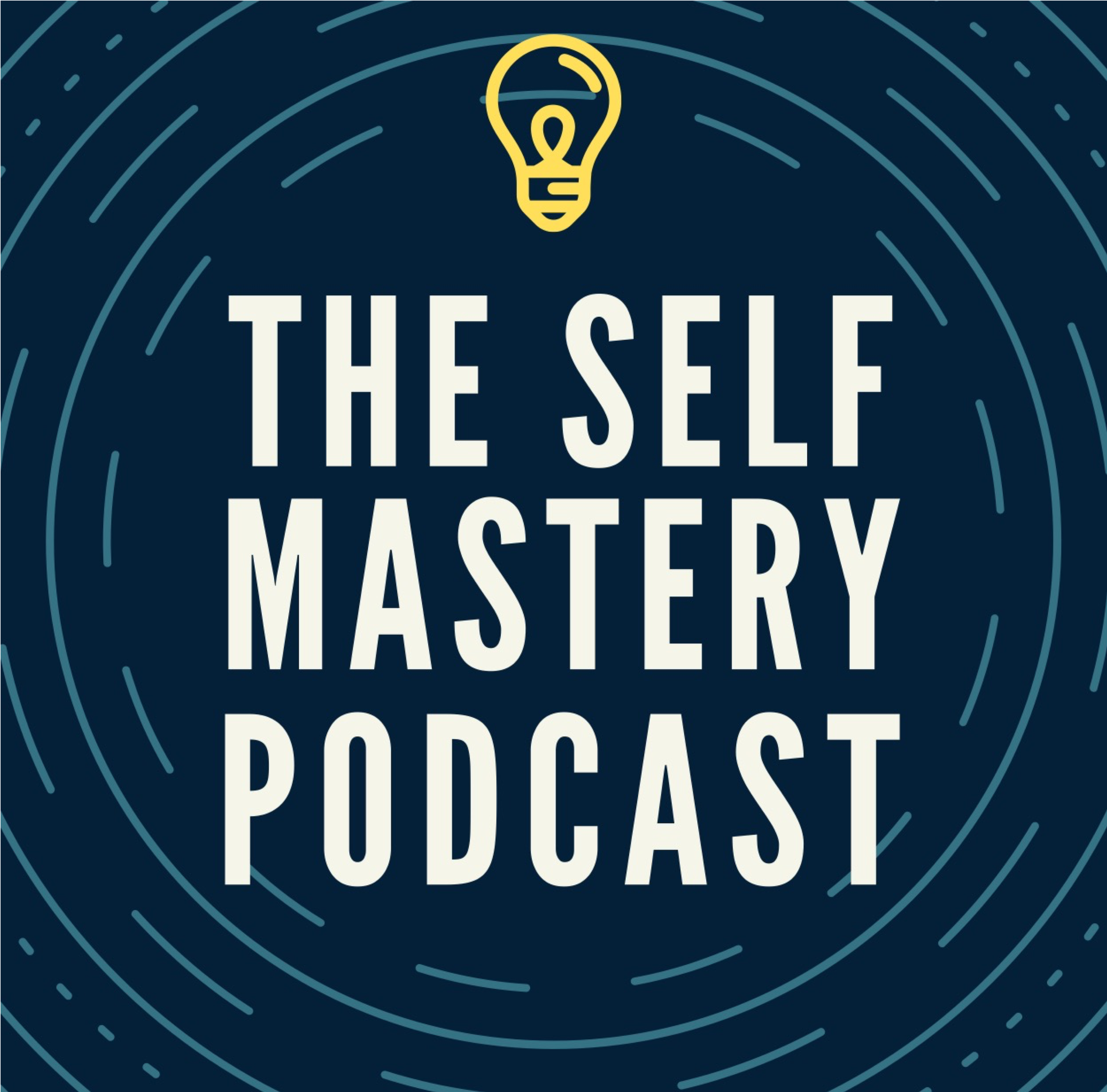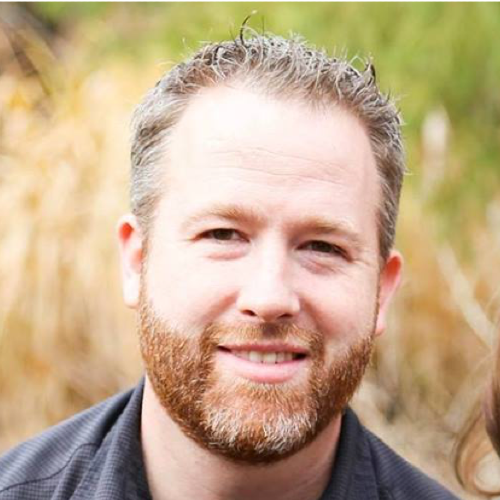5 Non-Religious Reasons to Quit Porn — For Good
Thrive Beyond Pornography is about real change. Overcoming pornography was the hardest challenge of my life and marriage. It shattered my confidence, tainted my most important experiences, and felt impossible to escape.
But I did.
This podcast—and the resources at GetToThrive.com—will help you understand the struggle, break free from pornography, and build a thriving life with your spouse.
At some point, I stepped away from 12-step meetings and counselors. I stopped looking for outside solutions and started figuring out my own mind. That shift changed everything. Here, I share those lessons with you. You’ll get the tools, principles, and mindset shifts you need to reclaim control—starting today.
Whether you're struggling with unwanted pornography use, supporting a spouse, or just feeling stuck, this podcast will help you move forward. You’ll hear real conversations with my spouse, experts in human sexuality, and former users who have broken free.
Thrive Beyond Pornography brings a fresh perspective to your journey, helping you change the way you think—and, ultimately, the way you live.
Transcript
5 Non-Religious Reasons to Quit Porn — For Good
Welcome to Thrive Beyond Pornography with your host, Zach Spafford. In Episode 310, Zach steps into a conversation that too often gets buried under shame or morality. Today, we’re not talking about sin, guilt, or religious mandates. We’re talking about real, grounded human reasons someone might choose to step away from porn — even if they aren’t religious at all.
This episode is an invitation to shift the lens. What if the decision to leave porn behind had nothing to do with shame, and everything to do with connection, awareness, and becoming more present in your own life?
Let’s dive into five powerful reasons to consider a different path — no guilt required.
1. Porn Isn’t Real — And That Changes What You Expect from Sex
Yes, it’s literally not real. Porn is scripted, edited, and shot from angles that exaggerate and entice. It’s entertainment, not intimacy. But here’s the problem — your brain doesn’t always know the difference.
The more you consume porn, the more your brain starts to believe that what you’re watching is what sex should be. You begin to expect endless novelty, instant pleasure, and zero emotional risk.
But real sex? It’s awkward. Messy. Tender. Emotional. And beautifully unpredictable. It happens between two real humans, not actors performing for a camera.
The more porn you consume, the more real intimacy can start to feel underwhelming. You might pressure yourself or your partner to “perform,” instead of simply being together. You might even feel disappointed by reality — because it doesn’t match the fantasy.
Ask yourself:
“How has porn shaped what I expect from sex, myself, and my partner? Is it helping me connect — or pulling me further away from what’s real?”
2. Porn Trains You to Be a Taker, Not a Partner
Porn is a one-way street. You click, you watch, you take. There’s no conversation, no consent, no emotional feedback. It’s instant gratification — and over time, it can rewire how you show up in real relationships.
Real intimacy requires presence. It asks you to care about the other person’s experience just as much as your own. But porn doesn’t teach that. There’s no reciprocity. No vulnerability. Just consumption.
So, in real life, you might find yourself:
Frustrated when your partner doesn’t “match” your desire.
Checking out when intimacy becomes emotional instead of erotic.
Performing instead of connecting.
Here’s a question worth sitting with:
“Am I approaching sex and intimacy as a participant — or as a consumer?”
3. Secrecy Erodes Connection
Most people who watch porn don’t talk about it. They keep it hidden, private, and tucked away — and that secrecy creates distance. Not just from others, but from yourself.
When you hide something tied to your body, your desires, and your identity, you send yourself a message:
“This part of me isn’t safe. It can’t be seen.”
That message spreads. You become less open, less honest, and less connected — even in your closest relationships.
Intimacy isn’t just physical. It’s emotional. Spiritual. It’s about being known. And when something stays hidden, true intimacy can’t take root.
Ask yourself:
“Is this something I’m proud to share — or something I keep hoping no one notices?”
4. It Dulls Your Desire for Real Connection
Porn is fast. Easy. Designed to hit your pleasure center in seconds — just like fast food. But what happens when you eat fast food every day?
You stop craving the good stuff. You lose your appetite for meals that take time and care.
The same thing happens with porn. The more you use it, especially as a go-to emotional or sexual outlet, the more your brain associates sex with pixels instead of people. Real connection starts to feel like too much effort. So you chase the quick hit — and over time, real closeness fades.
You might:
Feel numb when your partner reaches out.
Avoid sex with real people because it feels overwhelming or underwhelming.
Go through the motions but feel disconnected.
You’re not broken. Your brain’s just trained — and it can unlearn.
Ask yourself:
“Has porn made me less curious about real people? What would it take to rebuild my appetite for real intimacy?”
5. It Disconnects You from Your Own Body and Emotions
This one might feel abstract, but it’s critical. Porn pulls you into your head — into fantasy — and out of your body. It often becomes a form of dissociation, especially when used to escape stress, loneliness, or discomfort.
The more you dissociate during sexual experiences, the harder it becomes to notice what you’re actually feeling. You lose touch with your body’s signals — what excites you, what soothes you, what connects you to the moment.
Real intimacy lives in the present. In your breath. In your body. In your emotions.
Porn doesn’t train presence. It trains escape. And when you constantly escape, you miss the beauty of what’s right in front of you.
Ask yourself:
“Am I chasing a habit — or feeling something real?”
“When was the last time I felt fully present during intimacy — without fantasy guiding the moment?”
🧭 Final Thoughts: This Isn’t About Shame — It’s About Reconnection
Zach closes this episode with a reminder:
This isn’t about guilt. It’s not about proving anything to anyone. It’s about reclaiming something for yourself.
If you’re starting to feel that porn is costing you more than it’s giving — in presence, in connection, in emotional and physical intimacy — then maybe it’s time to ask what life could look like with less of it.
This is an invitation. To awareness. To aliveness. To deeper, more real relationships — with others and with yourself.
If this resonated, share it with someone you trust. Or reach out to Zach at zach@zachspafford.com. You’re not alone on this path — and what you’re moving toward is absolutely worth it.




